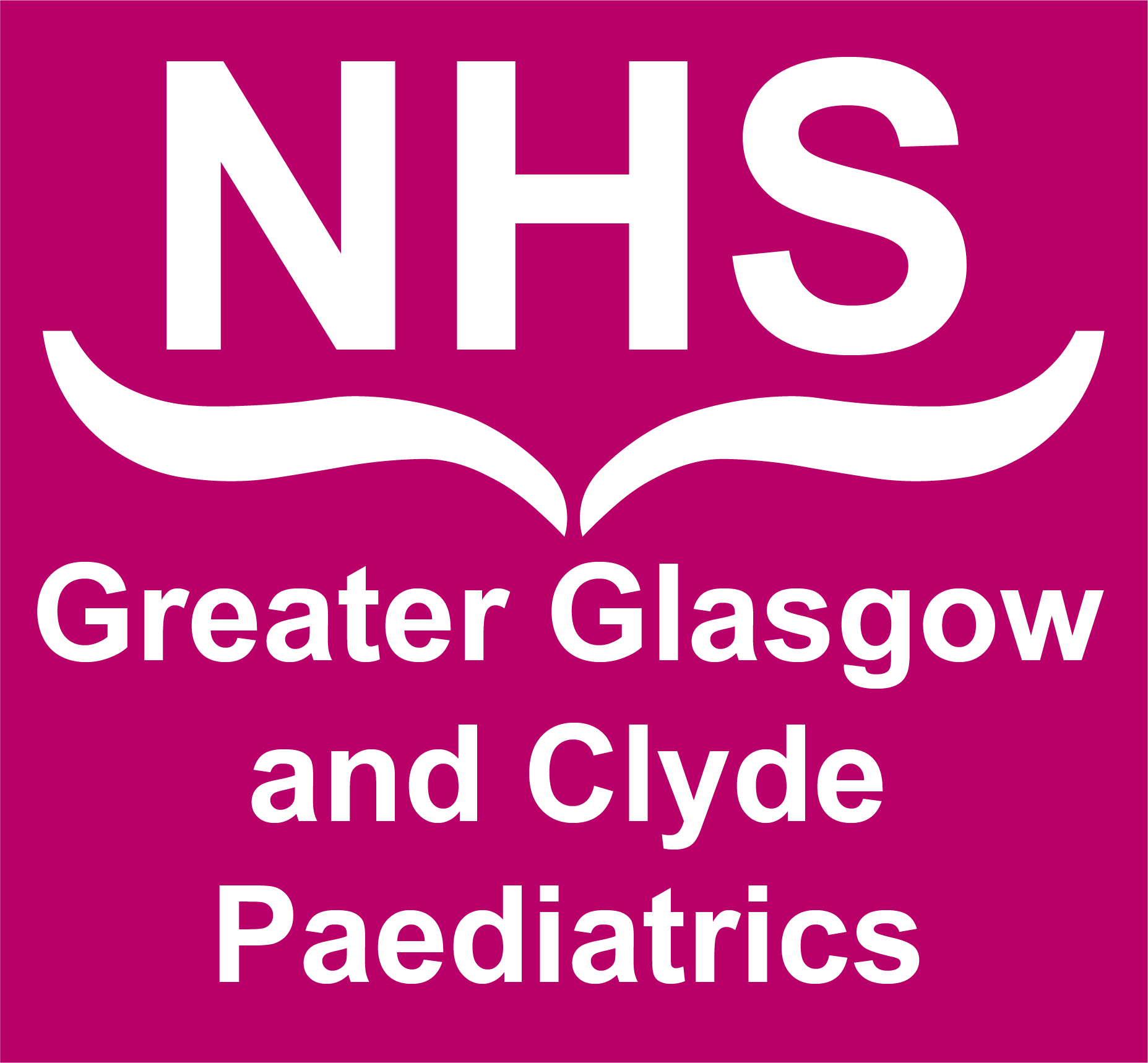Defining Child Sexual Exploitation
The sexual exploitation of children and young people is often a hidden form of child sexual abuse with distinctive elements of exploitation and exchange . In practice , the sexual exploitation of children and young people under 18 years of age might involve young people being coerced, manipulated forced or deceived into preforming and/or others performing on them, sexual activities in exchange for receiving some form of material goods or other entity. Sexual exploitation can occur through the use of technology and without the child’s immediate recognition.
Why It Matters & Who Does it Affect?
Sexual exploitation of children is child abuse and criminal offence. Children and young people who are exploited sexually can face significant risks to their physical emotional and psychological health and wellbeing both now and in their future. Any Child under age eighteen, male or female, from any background can be a victim of CSE, including those who can legally consent to have sex. The abuse can be perpetrated by adults or peers on an individual or group basis.
Summary of Evidence
- Between 5% and 16 % of children under 16, experience sexual More than 1 in 3 doesn’t tell anyone in childhood. (NSPCC, no-one noticed, no one heard, 2013)
- 2,400 children were victims of sexual exploitation in gangs and groups in 2010/2011
- Over 360 children were trafficked for sexual exploitation last year (NSPCC, 2017)
- Only 2 convictions for the offence of “payment of sexual services of a child” under the protection of children and prevention of Sexual Offences (Scotland) Act 2005 were identified in the Barnardo’s Scotland 2014 paper “Lessons learned from the Jay Report”
Identifying Risk
CSE can be difficult to identify; many children and young people can misinterpret such experiences because they often don’t see themselves as victims. They are led to believe they are in control and making the decisions whereas in reality their behaviour is not voluntary or consensual.
Tell – tale signs include (this list is not exhaustive):
- Staying out late, missing overnight
- Associating with other people involved in CSE
- Missing from education
- Children looked after or accommodated
- Appearing with unexplained gifts such as clothes, mobile phones, sim cards, food , alcohol and cigarette.
- Poor self – care
- Drug and Alcohol misuse, repeat attendances at ED for intoxication
- Sexual inappropriate behaviours
- Repeat attendances for sexually transmitted infections, pregnancy and terminations
- Having older boyfriends/girlfriends
- Self – harm or physical injuries such a bruising
- Feelings of worthlessness and shame
What Can I Do?
Doing nothing is not an option – Do not assume someone else will do something !
- Recognise – Familiarise yourself with CSE and signs that a young person is being exploited.
Ask the right question – children and young people need a therapeutic response from professionals.
- Record – Document your assessment and concerns.
- Report - Discuss your concerns with your Manger/Child Protection Link.
For advice and support contact the Child Protection Service on 0141 451 6605.
If you have concern that a young person under 18 is being sexually exploited you must submit a Notification of Concern to SW






